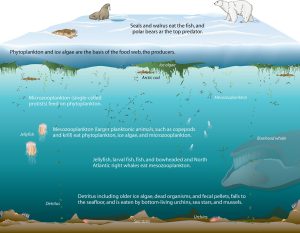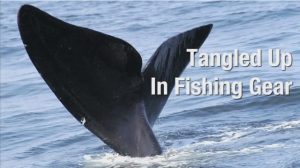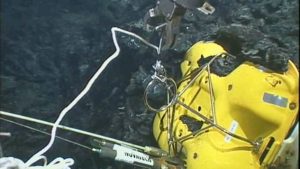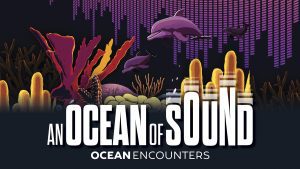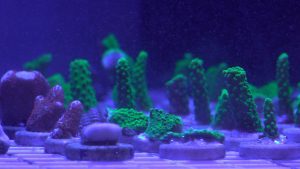Squid are ecologically important marine animals that play a key role in many ocean ecosystems and fisheries. Measuring squid movements, energetics, and habitat use in their natural environment provides important insight into their ecology. However, because the inherent challenges of monitoring these soft-bodied, open-ocean-dwelling organisms, fine-scale observations of their behavior are rare. Bio-logging tags are an increasingly useful way to remotely study squid behavior in their natural environments.
The Mooney Lab at WHOI, in collaboration with the University of Michigan and Monterey Bay Aquarium Research Institute, developed a novel, high-resolution bio-logging iTag specifically designed for use with soft-bodied invertebrates that measures temperature, light, depth, acceleration, and orientation while attached to the animal. This combination of sensing, classification, and estimation will provide a detailed picture of an individual’s activity in the wild to shed new light on such details as behavioral states, temporal patterns, habitat requirements, energy expenditure, and community interactions.
In 2017-18 we tested this tag in the lab and the field, tagging local longfin squid in the waters around Cape Cod. In May 2019, our team went to Faial, Azores, to deploy our the iTag on captive and wild L. forbesi. In total, we tagged 11 wild squid and retrieved every tag. We also collected novel data revealing their daily patterns of movement, including fine-scale vertical data depicting how squid compensate for their negative buoyancy. We also tagged several animals in the Flying Sharks Aquarium to improve our tag attachment methods and to ground-truth the field data.
Learn more about the iTag https://www2.whoi.edu/site/taglab/projects/itag/
Learn more about the Tag Lab https://www2.whoi.edu/site/taglab/
Image and Visual Licensing
WHOI copyright digital assets (stills and video) contained on this website can be licensed for non-commercial use upon request and approval. Please contact WHOI Digital Assets at images@whoi.edu or (508) 289-2647.
